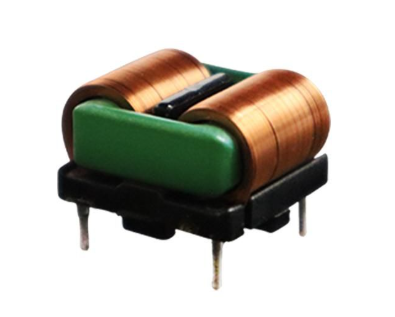Warning: Undefined variable $articleindexname in D:\wwwroot\www.resistorsupplies.com\moban\en_inc\article.php on line 46
> Inductance and Its Effect on Circuit Performance
Inductance and Its Effect on Circuit Performance
Inductance significantly influences circuit performance, particularly in scenarios involving alternating currents (AC) or rapidly changing direct currents (DC). Here's a breakdown of its key effects:

Fundamental Impact:
Opposition to Current Change:
When current increases, an inductor generates a voltage that opposes the increase.
When current decreases, an inductor generates a voltage that opposes the decrease.
The defining characteristic of inductance is its opposition to changes in current. This means:
This behavior is crucial in applications where smoothing out current fluctuations is desired.
Energy Storage:
Inductors store energy in their magnetic fields. This stored energy can be released back into the circuit when the current decreases.
This energy storage capability is essential in applications like switching power supplies.
Effects on Circuit Behavior:
AC Circuit Effects:
In AC circuits, inductance introduces a property called inductive reactance, which opposes the flow of AC current.
Inductive reactance increases with frequency, meaning that inductors impede higher-frequency AC signals more than lower-frequency ones.
This frequency-dependent behavior is exploited in filters and tuning circuits.
Transient Response:
When a circuit containing an inductor is switched on or off, the inductor's opposition to current change causes transient effects.
This can result in voltage spikes or ringing, which can be problematic in sensitive electronic circuits.
Signal Distortion:
Parasitic inductance, which is inherent in all conductors, can distort high-frequency signals.
This is a major concern in high-speed digital circuits and RF applications.
Electromagnetic Interference (EMI):
Inductors generate magnetic fields, which can radiate and interfere with other circuits.
Conversely, external magnetic fields can induce currents in inductors, leading to unwanted noise.
Applications Where Inductance is Critical:
Power Supplies: Inductors are used to smooth out current and store energy in switching power supplies.
Filters: Inductors, in combination with capacitors, create filters that block or pass specific frequencies.
RF Circuits: Inductors are used in tuning circuits, oscillators, and impedance matching networks.
Motors and Generators: Inductance is fundamental to the operation of electric motors and generators.
In essence, inductance plays a vital role in shaping the behavior of electronic circuits. Understanding its effects is essential for designing and troubleshooting electronic systems.
Email us
Warning: Undefined variable $pronamepx in D:\wwwroot\www.resistorsupplies.com\moban\en_inc\article.php on line 57
Fatal error: Uncaught TypeError: count(): Argument #1 ($value) must be of type Countable|array, null given in D:\wwwroot\www.resistorsupplies.com\moban\en_inc\article.php:57 Stack trace: #0 D:\wwwroot\www.resistorsupplies.com\article.php(162): include() #1 {main} thrown in D:\wwwroot\www.resistorsupplies.com\moban\en_inc\article.php on line 57
